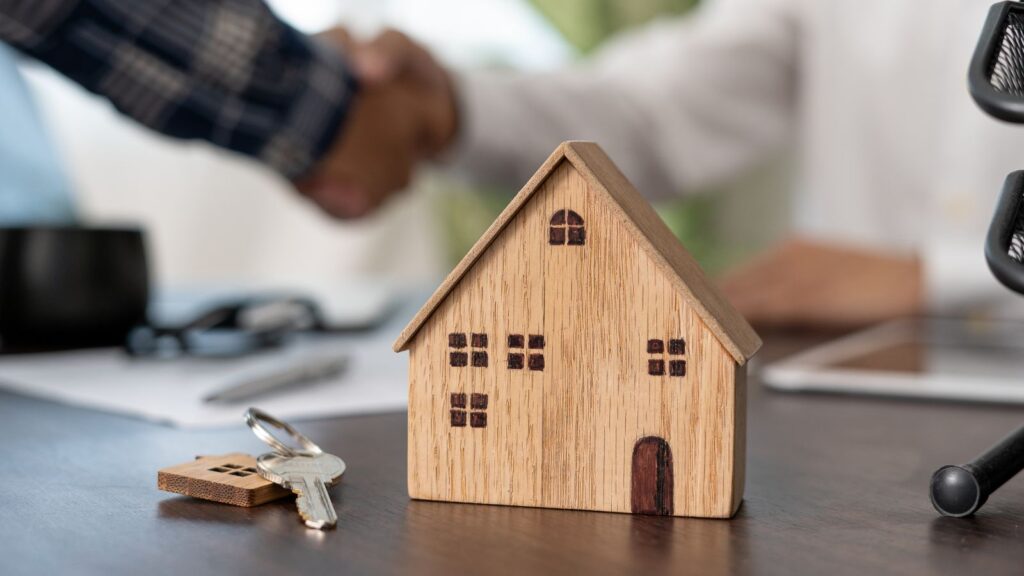Buying your first home is an exciting milestone, but it can also feel overwhelming. Between securing financing, navigating inspections, and negotiating offers, many first-time buyers aren’t sure where to start. The good news: with the right preparation and expert guidance, you can avoid common mistakes and make confident decisions throughout the process.
Here are essential first-time home buying tips to help you get started.
- Set a Realistic Budget
Before you begin touring homes, determine what you can comfortably afford. Your monthly housing costs include not only your mortgage payment, but also:
- Property taxes
- Homeowners insurance
- Utilities and maintenance expenses
One of the most common mistakes first-time buyers make is focusing only on the listing price. Instead, work with a trusted lender to get pre-approved. This ensures you know your true price range and keeps your finances manageable long-term.
- Work with an Experienced Realtor
A skilled real estate agent is one of your most valuable resources as a first-time buyer. The right realtor will:
- Guide you through each step of the home-buying process
- Help you identify homes that fit your needs and budget
- Negotiate on your behalf
- Manage paperwork and deadlines
Local market knowledge is especially important! Your agent can provide insight into neighborhoods, schools, and property values, ensuring you make an informed choice.
- Plan Beyond the Down Payment

Many first-time buyers focus solely on saving for a down payment, but additional costs should also be expected. These may include:
- Closing costs
- Home inspection fees
- Moving expenses
- Future repairs or upgrades
Experts recommend building an emergency fund in addition to your savings. This way, you’re financially prepared for both the purchase and unexpected costs that may arise afterward.
- Don’t Skip the Home Inspection
Even if a home looks perfect, a professional home inspection is crucial. A certified inspector will check for issues with:
- Foundation and structure
- Plumbing and electrical systems
- Roof and HVAC
An inspection can save you from costly surprises and may even give you leverage during negotiations. Skipping this step can lead to expensive repairs down the road.
- Think Long-Term
When choosing your first home, consider how your lifestyle may evolve in the next 5–10 years. Ask yourself:
- Will the home fit your family’s needs in the future?
- Is the neighborhood convenient for work, schools, and amenities?
- Does the area have strong resale potential?
A forward-thinking approach helps you build equity and stability over time.
- Keep Emotions in Check
It’s easy to fall in love with a home, but don’t let emotions drive your decision. Stay focused on your budget, compare multiple properties, and carefully weigh pros and cons. A rational approach helps you avoid overspending or overlooking serious issues.
Final Thoughts
Purchasing your first home is a big step—but it doesn’t have to be intimidating. By setting a realistic budget, working with a knowledgeable realtor, preparing for additional costs, and making smart long-term decisions, you’ll be well-positioned to find the right property.
With these first-time home buying tips, you can confidently navigate the process and invest in a home you’ll be proud to own.

